What is hypoglycemia? 10 Causes why your blood sugar level is low
Hypoglycemia occurs when your blood sugar levels drop below the normal range. This can happen for several reasons, including skipping meals, excessive insulin use, certain medications, or underlying medical conditions.
1/10

What is hypoglycemia?
Hypoglycemia refers to the reduction in the blood glucose levels. It may occur due to a variety of reasons, and the cut off value is less than 70 mg/dL of glucose in the blood that is measured through a precise method. The symptoms of hypoglycemia usually resolve once the blood sugar levels increase.(Image: Canva)
Hypoglycemia refers to the reduction in the blood glucose levels. It may occur due to a variety of reasons, and the cut off value is less than 70 mg/dL of glucose in the blood that is measured through a precise method. The symptoms of hypoglycemia usually resolve once the blood sugar levels increase.(Image: Canva)
2/10

Insulin and drug related causes
In adults, especially those who have diabetes, insulin may lead to hypoglycemia. When the dose of insulin taken is more than needed, or if the person taking insulin or oral hypoglycemic drugs (OHAs) skips a meal, the drugs reduce the blood sugar levels more than necessary, thus leading to hypoglycemic symptoms.(Image: Canva)
In adults, especially those who have diabetes, insulin may lead to hypoglycemia. When the dose of insulin taken is more than needed, or if the person taking insulin or oral hypoglycemic drugs (OHAs) skips a meal, the drugs reduce the blood sugar levels more than necessary, thus leading to hypoglycemic symptoms.(Image: Canva)
3/10
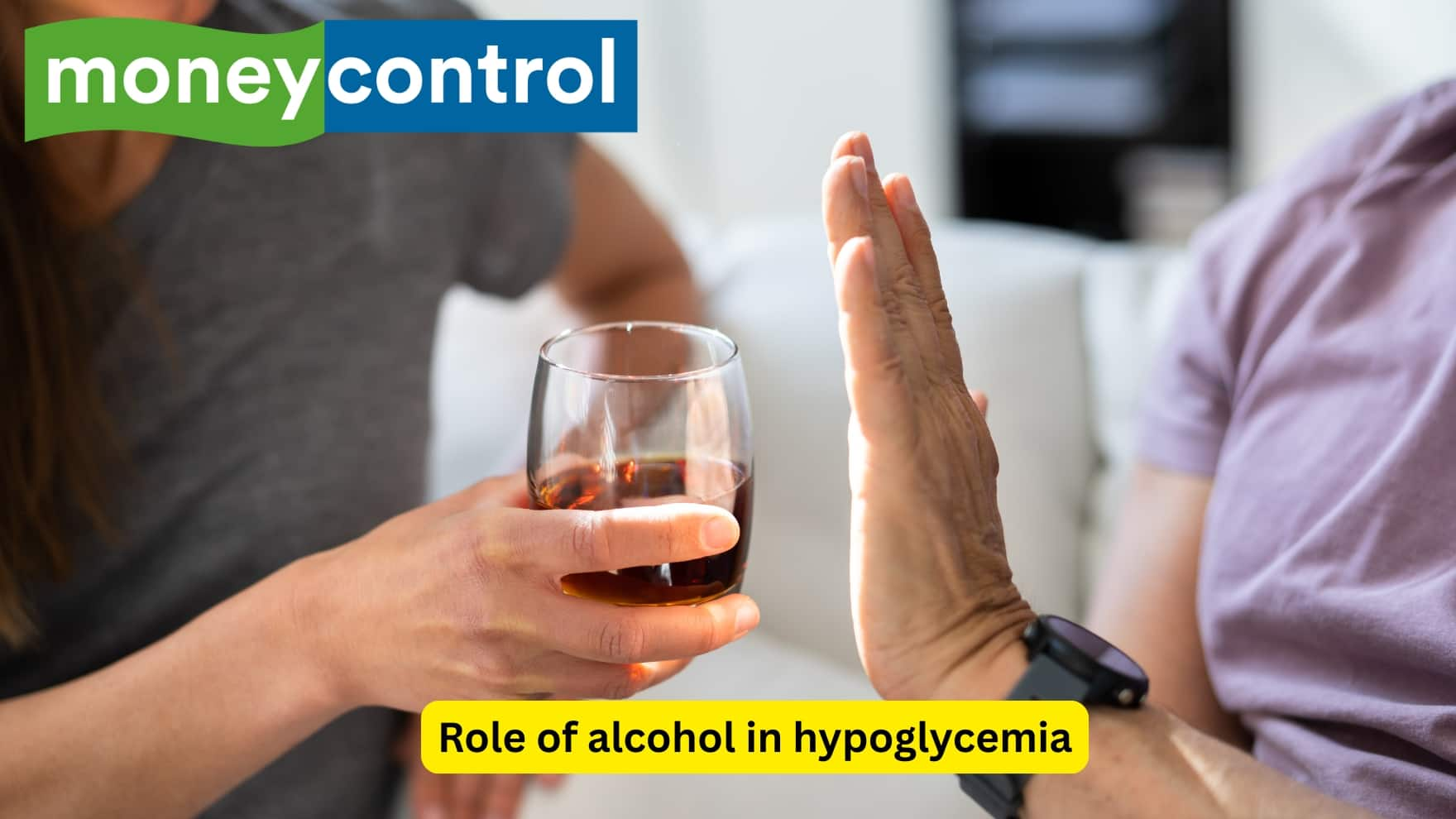
Role of alcohol in hypoglycemia
Alcohol has also been known to cause a reduction in the blood sugar levels. Alcohol or ethanol is processed in the body by the liver, which is also responsible for breaking down stored glycogen and producing glucose. Alcohol inhibits these processes and leads to hypoglycemia.(Image: Canva)
Alcohol has also been known to cause a reduction in the blood sugar levels. Alcohol or ethanol is processed in the body by the liver, which is also responsible for breaking down stored glycogen and producing glucose. Alcohol inhibits these processes and leads to hypoglycemia.(Image: Canva)
4/10

Hormonal influences
The levels of certain hormones like cortisol and glucagon also influence hypoglycemia. A reduction in the levels of these hormones also leads to low levels of blood sugar, which can present with symptoms. Inanition (extreme levels of exhaustion that are caused by a lack of food) may also cause reduced blood sugar.(Image: Canva)
The levels of certain hormones like cortisol and glucagon also influence hypoglycemia. A reduction in the levels of these hormones also leads to low levels of blood sugar, which can present with symptoms. Inanition (extreme levels of exhaustion that are caused by a lack of food) may also cause reduced blood sugar.(Image: Canva)
5/10
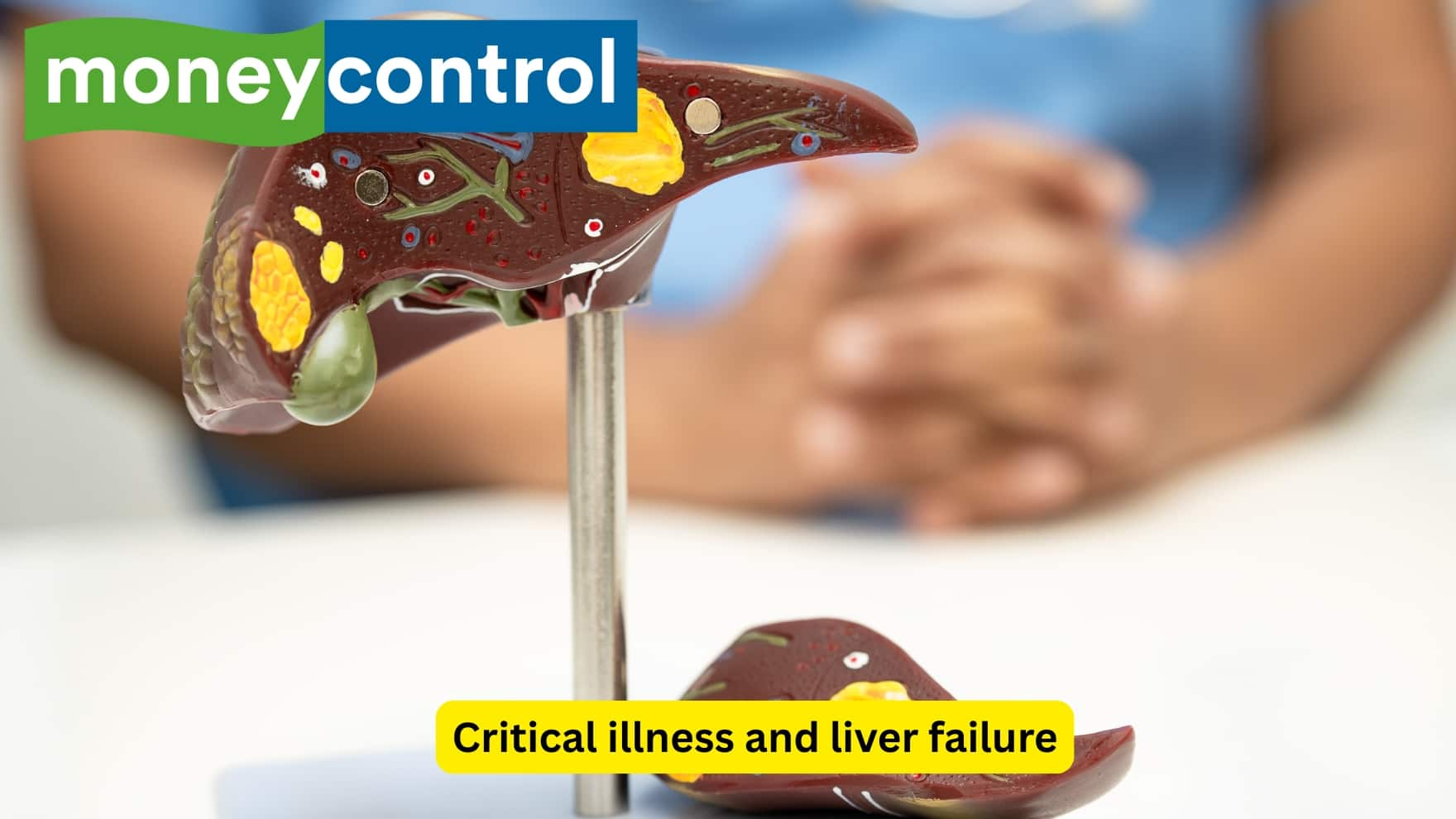
Critical illness and liver failure
The presence of critical illnesses also influences the level of blood glucose. Hepatic failure may cause hypoglycemia, as the process of gluconeogenesis (production of glucose from non-carbohydrate substrates) and glycogenolysis are impaired. These processes are essential for maintaining the normal levels.(Image: Canva)
The presence of critical illnesses also influences the level of blood glucose. Hepatic failure may cause hypoglycemia, as the process of gluconeogenesis (production of glucose from non-carbohydrate substrates) and glycogenolysis are impaired. These processes are essential for maintaining the normal levels.(Image: Canva)
6/10
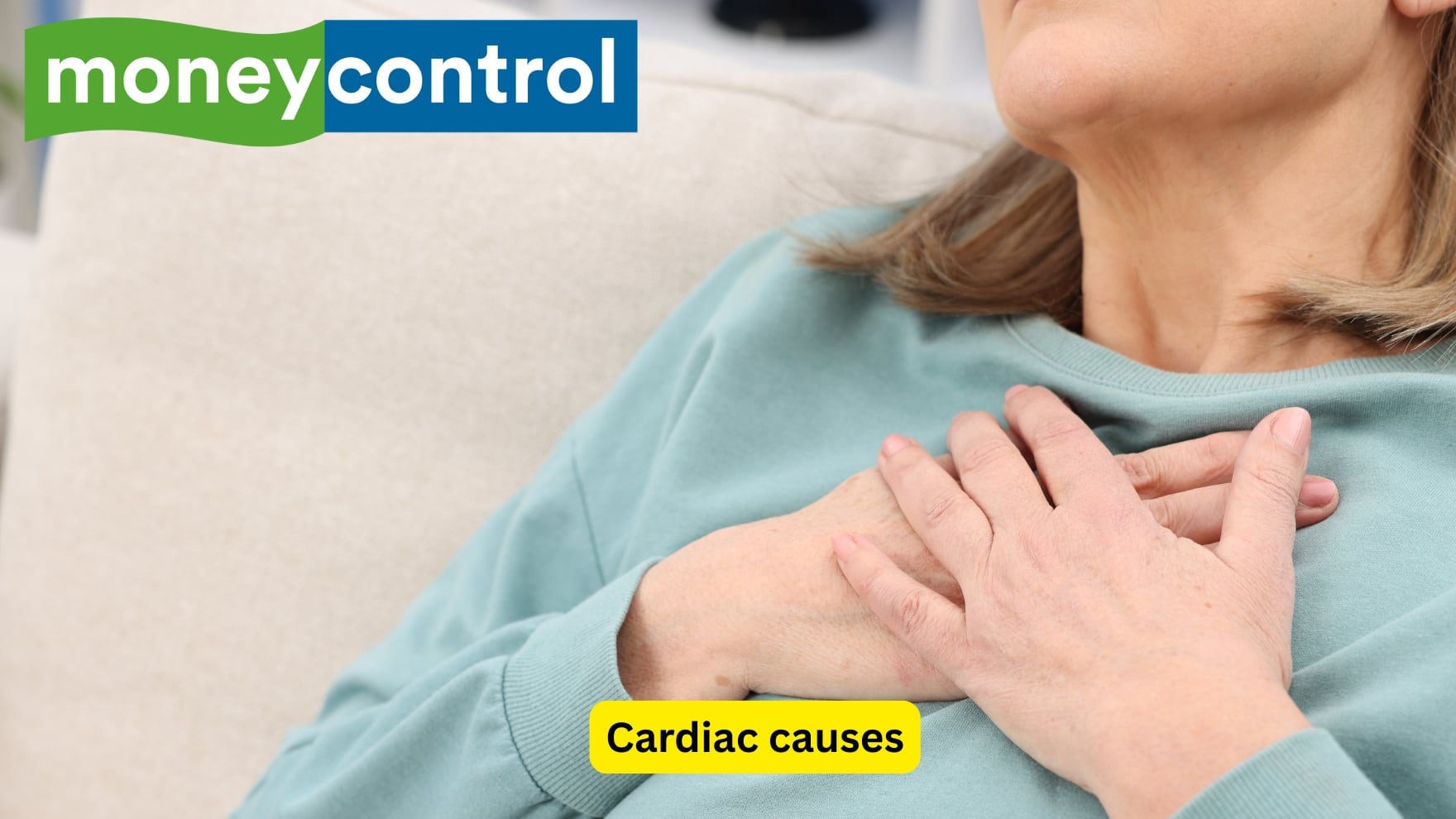
Cardiac causes
Even problems with the heart can interfere with the normal blood sugar levels. During heart failure, the heart is unable to pump out enough blood to keep the organs adequately perfused. When there is poor blood flow to the liver, there are not enough substrates available for the liver to form glucose.(Image: Canva)
Even problems with the heart can interfere with the normal blood sugar levels. During heart failure, the heart is unable to pump out enough blood to keep the organs adequately perfused. When there is poor blood flow to the liver, there are not enough substrates available for the liver to form glucose.(Image: Canva)
7/10
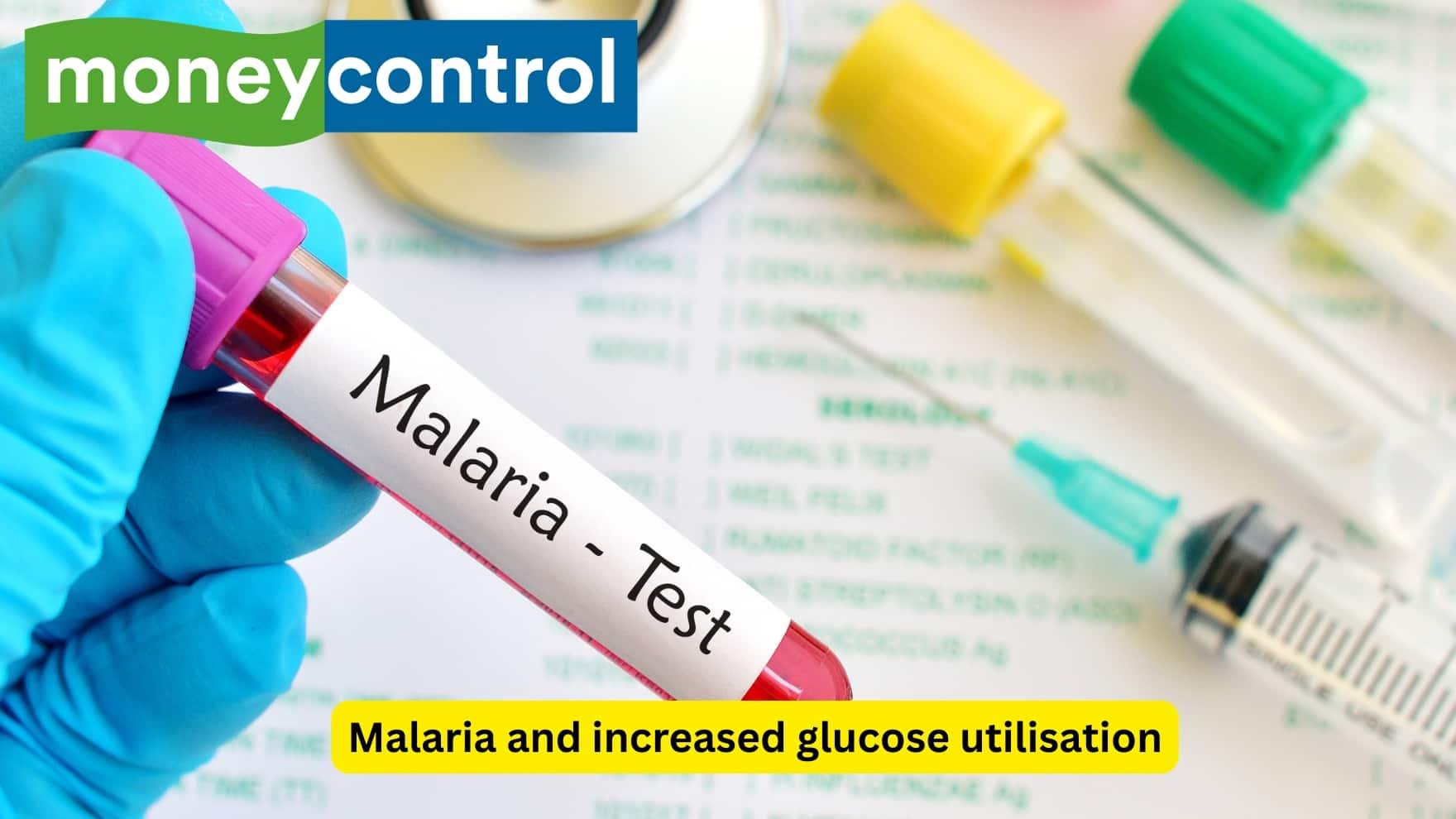
Malaria and increased glucose utilisation
Malaria, caused by protozoa like Plasmodium falciparum, may also alter the blood glucose levels. P. falciparum has been found to have a high metabolic rate, and thus consumes a large amount of glucose, which may deplete the plasma glucose levels, especially in children and pregnant females.(Image: Canva)
Malaria, caused by protozoa like Plasmodium falciparum, may also alter the blood glucose levels. P. falciparum has been found to have a high metabolic rate, and thus consumes a large amount of glucose, which may deplete the plasma glucose levels, especially in children and pregnant females.(Image: Canva)
8/10
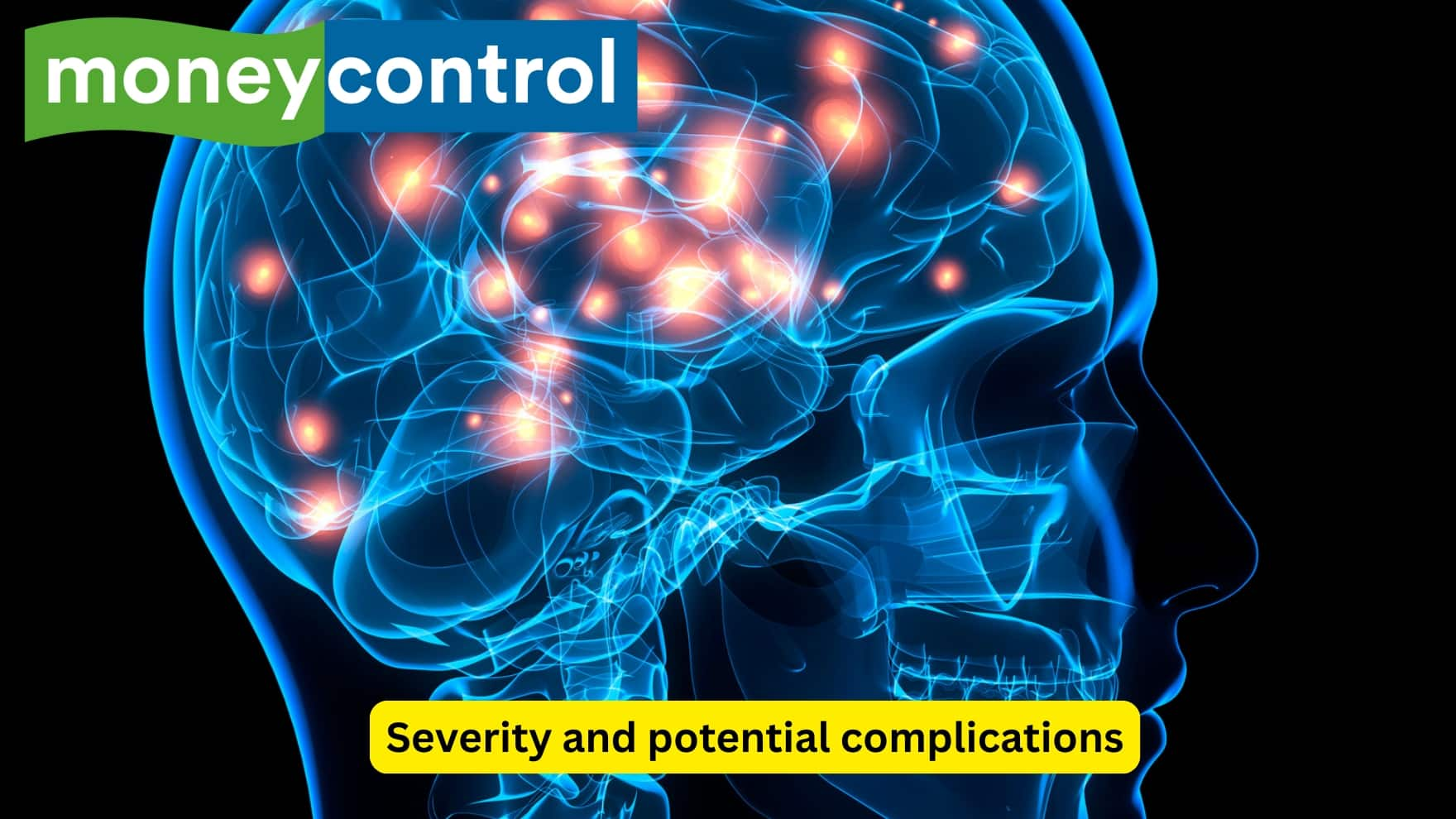
Severity and potential complications
Hypoglycemia is a dangerous complication of oral hypoglycaemic drugs or insulin, and is considered to be more serious than hyperglycaemia, as long term reduction in blood glucose levels may potentially damage the brain in an irreversible way.(Image: Canva)
Hypoglycemia is a dangerous complication of oral hypoglycaemic drugs or insulin, and is considered to be more serious than hyperglycaemia, as long term reduction in blood glucose levels may potentially damage the brain in an irreversible way.(Image: Canva)
9/10

Symptoms of hypoglycemia
Symptoms of reduced blood glucose levels include sweating, tremors and increased heart rate. Hypoglycemia may also cause anxiety and hunger. In some cases, dizziness and headache may be noted, along with a clouding of vision and confusion. In serious cases, convulsions may also be seen.(Image: Canva)
Symptoms of reduced blood glucose levels include sweating, tremors and increased heart rate. Hypoglycemia may also cause anxiety and hunger. In some cases, dizziness and headache may be noted, along with a clouding of vision and confusion. In serious cases, convulsions may also be seen.(Image: Canva)
10/10

Management and emergency care
If detected early, hypoglycaemia may be corrected by giving the affected individual some easily absorbable form of carbohydrate, like a banana. Candies and biscuits may also be given. In severe cases, dextrose may be given intravenously. An intramuscular or subcutaneous dose of glucagon may be considered, but it shouldn’t be administered if hypoglycaemia is caused due to OHAs.(Image: Canva)
Disclaimer: This article, including health and fitness advice, only provides generic information. Don’t treat it as a substitute for qualified medical opinion. Always consult a specialist for specific health diagnosis
If detected early, hypoglycaemia may be corrected by giving the affected individual some easily absorbable form of carbohydrate, like a banana. Candies and biscuits may also be given. In severe cases, dextrose may be given intravenously. An intramuscular or subcutaneous dose of glucagon may be considered, but it shouldn’t be administered if hypoglycaemia is caused due to OHAs.(Image: Canva)
Disclaimer: This article, including health and fitness advice, only provides generic information. Don’t treat it as a substitute for qualified medical opinion. Always consult a specialist for specific health diagnosis
Discover the latest Business News, Budget 2025 News, Sensex, and Nifty updates. Obtain Personal Finance insights, tax queries, and expert opinions on Moneycontrol or download the Moneycontrol App to stay updated!






